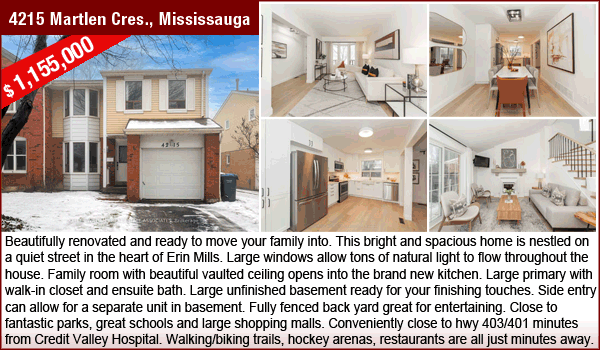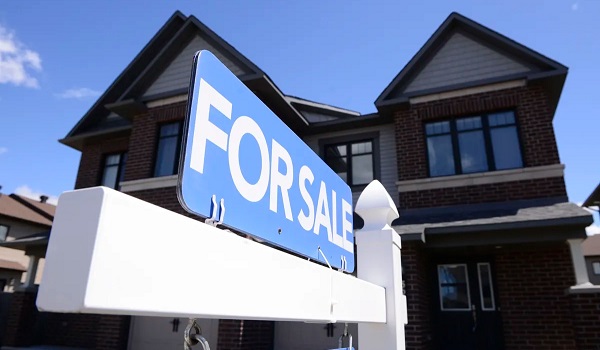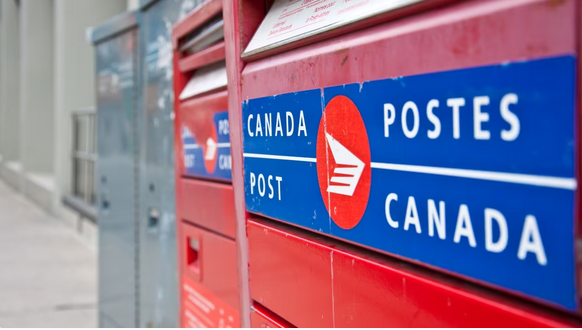Toronto city council approves new tax on non-Canadian homebuyers starting Jan. 1, 2025
Toronto city council has voted for a new tax, changed the way people fight photo radar speeding tickets and decided to eventually stop using a Scarborough hotel as a homeless shelter.
Councillors met Tuesday and Wednesday. Items decided included:
- Council voted 24-1 to create a 10-per-cent city tax on the purchase of Toronto homes by non-Canadian individuals and corporations effective Jan. 1, 2025.
-
City staff said the goal is to safeguard Toronto’s housing supply and discourage foreign residents from buying local homes as investments. The policy mirrors a provincial foreign buyers tax introduced in 2017, and will be charged on top of it.
City revenues from the new tax will be reduced, however, by the federal government’s decision to extend until at least 2027 a national ban on most foreign home purchases.
City staff estimate Toronto will earn about $9.6 million next year from the foreign purchases of homes allowed under exemptions to the federal law.
Coun. Stephen Holyday was the lone vote against the new tax, calling city finances a “dumpster fire” and saying “the last thing you need to do is throw more fuel on the fire.”
- Council unanimously approved a plan to start handling tickets from red light and automated speed cameras through a so-called administrative penalty system, instead of provincial offences court. A staff report said making the switch would streamline ticket disputes, free up the courts and enable an expansion of the photo radar system. Council has previously asked staff to look into doubling the number of speed cameras from 75 to 150.
Holyday (Ward 2 Etobicoke Centre) voted for the new system, but said he had concerns about adding more cameras. He warned that if the city sets up too many, residents will see them as a government “cash grab” rather than a safety measure.
Coun. Shelley Carroll (Ward 17, Don Valley North) countered that the devices have proven successful in slowing drivers down. “If we’re on a slippery slope that is fast taking us to safe driving where no one dies, that’s a slope I’m happy to get on,” she said.
- By a vote of 24 to 1, council asked staff to stop using a Scarborough hotel as a homeless shelter by the end of next year.
The Delta Hotel at 2035 Kennedy Rd. has about 400 beds, far more than the 80 staff believe is the ideal shelter size, and local Coun. Nick Mantas (Scarborough-Agincourt) said residents are concerned about a spike in crime and other problems they associate with the facility. There was a stabbing there earlier this week.


Council approved his motion asking staff to “promptly” transition the facility away from serving the chronically homeless to housing refugee claimants instead, and to decommission the shelter by Dec. 31, 2025. The vote was part of a wider plan council approved last year to phase out the use of shelter hotels, which were set up during COVID-19 to meet surging demand.
- Changes are coming to Toronto’s noise bylaw, including lower permissible nighttime noise, a limit on how loud cars can be and the introduction of a new way to monitor noise from garbage trucks.
A motion from Coun. Brad Bradford (Ward 19 Beaches — East York), to ensure city staff are consulting with the city’s music advisory committee about noise rules, and to consider waiving permit fees for “grassroots cultural organizations” looking to be exempt from noise for events, passed 24-1 with Holyday as the lone opponent.
Bradford argued council should consider opportunities to support these organizations with “what relief” exists for them, considering they “don’t have the same revenue streams from events as larger players in the music industry.”
A proposal from Coun. Dianne Saxe (University-Rosedale), directing city staff to report back this year on ways to reduce noise from overnight waste collection, was approved 21-4.
With files from David Rider and Ben Spurr
This article was reported by The Star
- Council unanimously approved a plan to start handling tickets from red light and automated speed cameras through a so-called administrative penalty system, instead of provincial offences court. A staff report said making the switch would streamline ticket disputes, free up the courts and enable an expansion of the photo radar system. Council has previously asked staff to look into doubling the number of speed cameras from 75 to 150.










